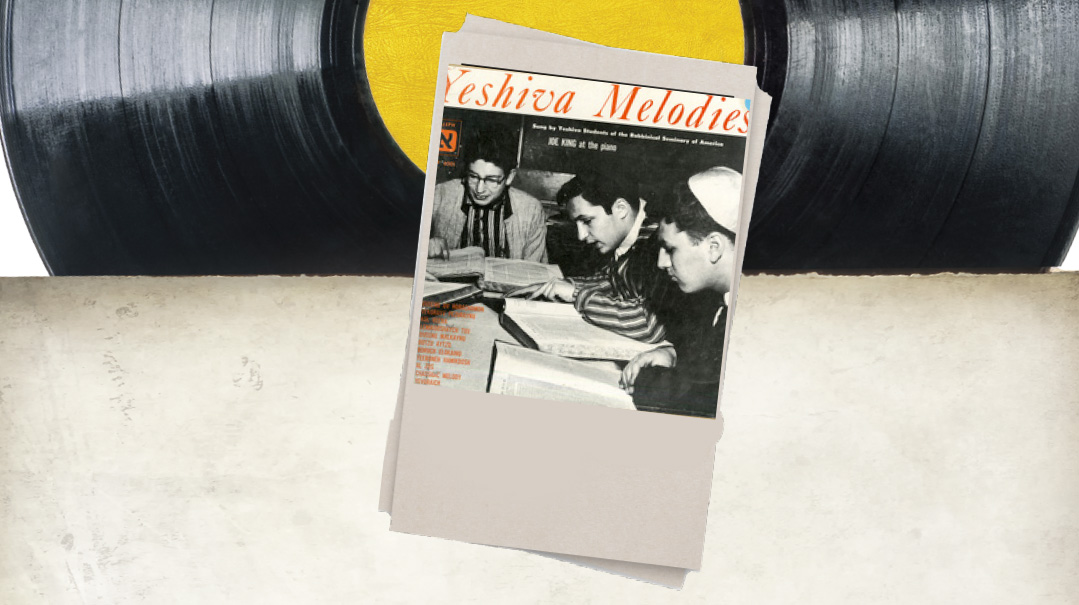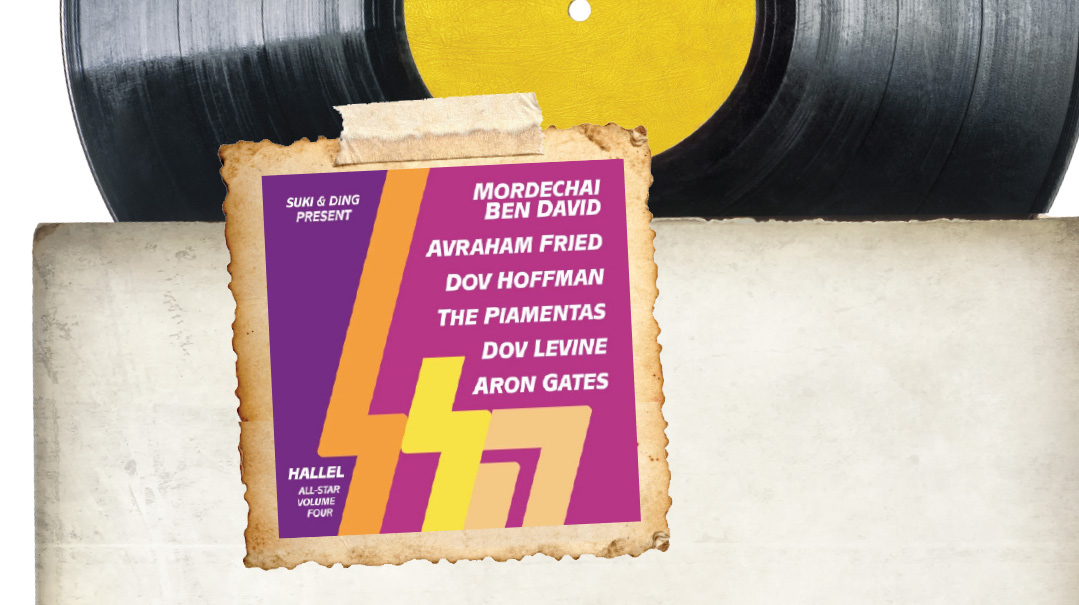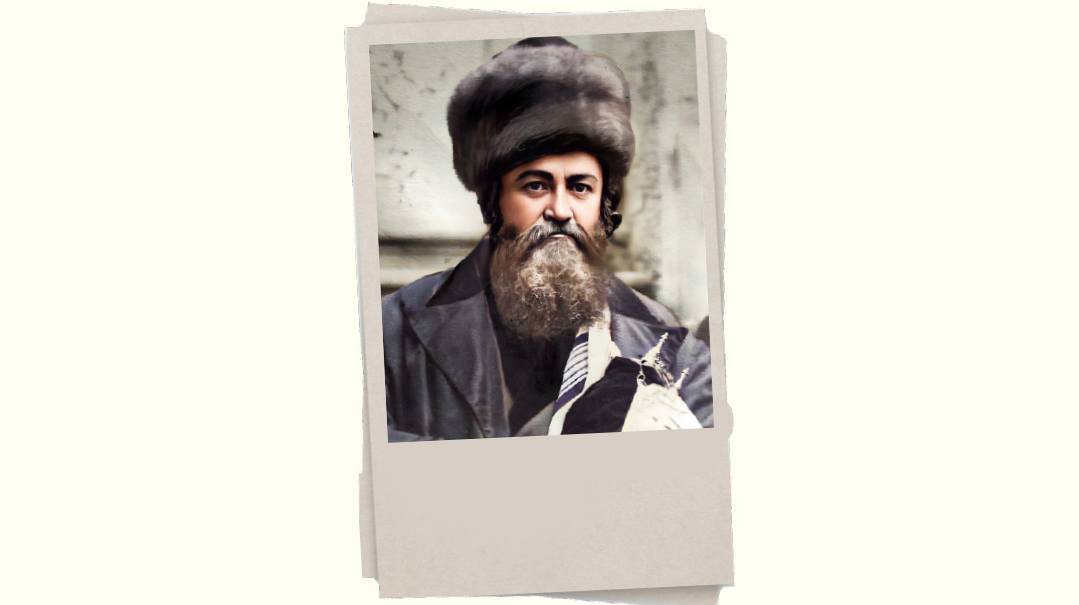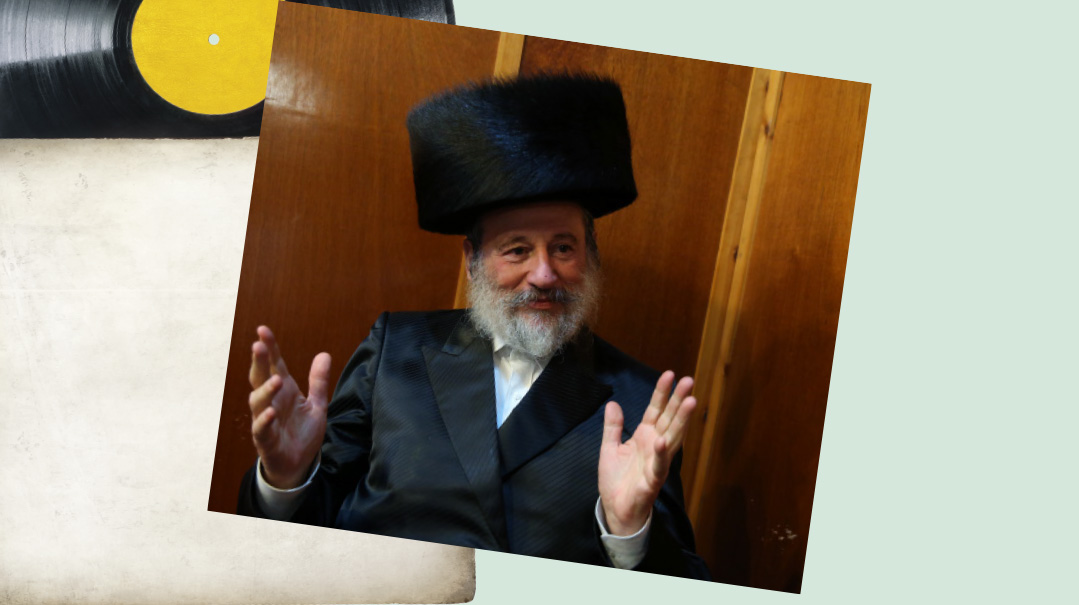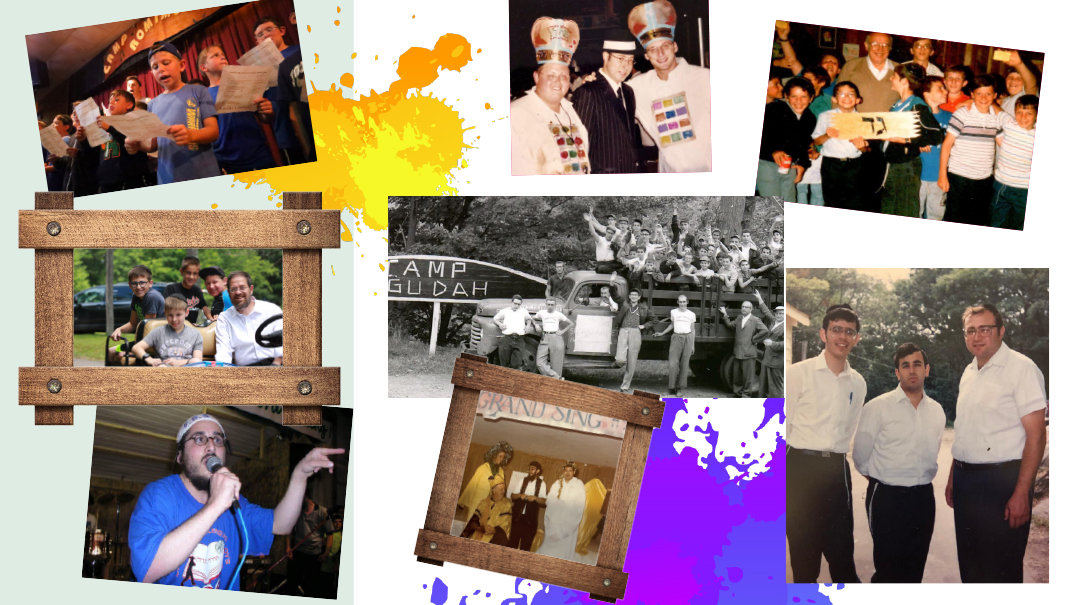Hidden Hands


T
here are a lot of “venahafoch hu”s in the music industry, and I’d like to share one of them with you — it’s the story of one of the most special musicians I’ve ever met.
In 1985, I was in Detroit for a concert and stayed at the home of my friend Reb Dovid Simcha. Over the weekend, he introduced me to his chavrusa, who had recently become religious. I asked him what he does for a living, and he replied that he’s retired. I told him what I did for a living and he was intrigued. He told me that he doesn’t usually tell people about his past, but since I was in the industry he revealed that he used to be a professional musician. I pushed him to tell me who he had played for, and he admitted that he was Frank Sinatra’s guitar player for 22 years. Now, that was intriguing. I was more than curious to know about his connection to one of the most popular and best-selling musical artists of the 20th century, but he brushed me off. “To be honest,” he said, “that whole part of my life is something I don’t want to talk about.”
When Sinatra retired, he decided to hang up his guitar as well — and then he began to learn Torah. Eventually he divulged that he played both electric and acoustic guitar, and that all together, he played over 20 different instruments. One question I couldn’t resist asking: “How did you get to work with Frank Sinatra for so many years?” He told me that once, Frank Sinatra’s regular guitar player had the flu and they needed a replacement. The bigger problem was that the luggage from the previous concert had gotten sent somewhere else accidentally, and they wouldn’t have the music notes in time for the concert. He asked Sinatra’s musical director if there would be a rehearsal and they said yes. He said that that was all he needed — he’d learn it all by heart at the rehearsal. After the show, Mr. Sinatra himself approached him and told him, “You’re my new and only guitar player.”
That night, I gathered enough courage to ask him if he would give me the great honor of playing on one of my albums. I was in the middle of recording Avraham Fried’s Around the Year and told him I would love to feature him on it. He said he never plays anymore, but that he loved Avremel’s vocals and music, and since he knew that Avraham Fried was a kohein and so was he, he would do it, so long as he could record it in Detroit. I asked him, if we stayed a day longer in Detroit, could we record the next day? He agreed, and gave me the name of a local studio.
“So, should I book an hour? Two hours?” I asked him. He asked how long the song was. I told him the song was five minutes long. He replied, “Five minutes should be enough then…”
When we arrived at the studio, he plugged in, I handed him the music, and in one take, I witnessed the most amazing guitar solo I had ever heard. I asked him what name I should put on the album as credit for his performance. He told me that he doesn’t use his stage name anymore but that if it was okay with me, to write his name down as “Bunny Freedman.” “Is that your name?” I asked him. He said his grandfather was Elchanan Bunim Freedman, and that’s the name he wished to use.
Since then, Bunny has played on almost all my recordings. Mostly just a small part here and there, but he played some instruments I never even heard of. Recently I asked him if it would be okay to repeat his story. At first he declined, but then reconsidered. “Well, if it’s for the Purim magazine, I guess that would be okay.”
I asked him why, since he retired, he doesn’t let people know about his amazing talents. He said, “I’m not so proud of my past, although I do enjoy playing Jewish music.”
He said that he never plays in public, though, although one time he came close. It was at a wedding of one of the kollel families and the one-man keyboardist didn’t show up. He realized that it would be a tremendous mitzvah, and even though keyboards were not his number-one instrument, he would have to let them know he was able to play.
“So what happened?” I asked him.
“Just as I was about to begin playing, the keyboard player showed up for the gig.”
(Originally featured in Mishpacha, Issue 699)
Oops! We could not locate your form.
